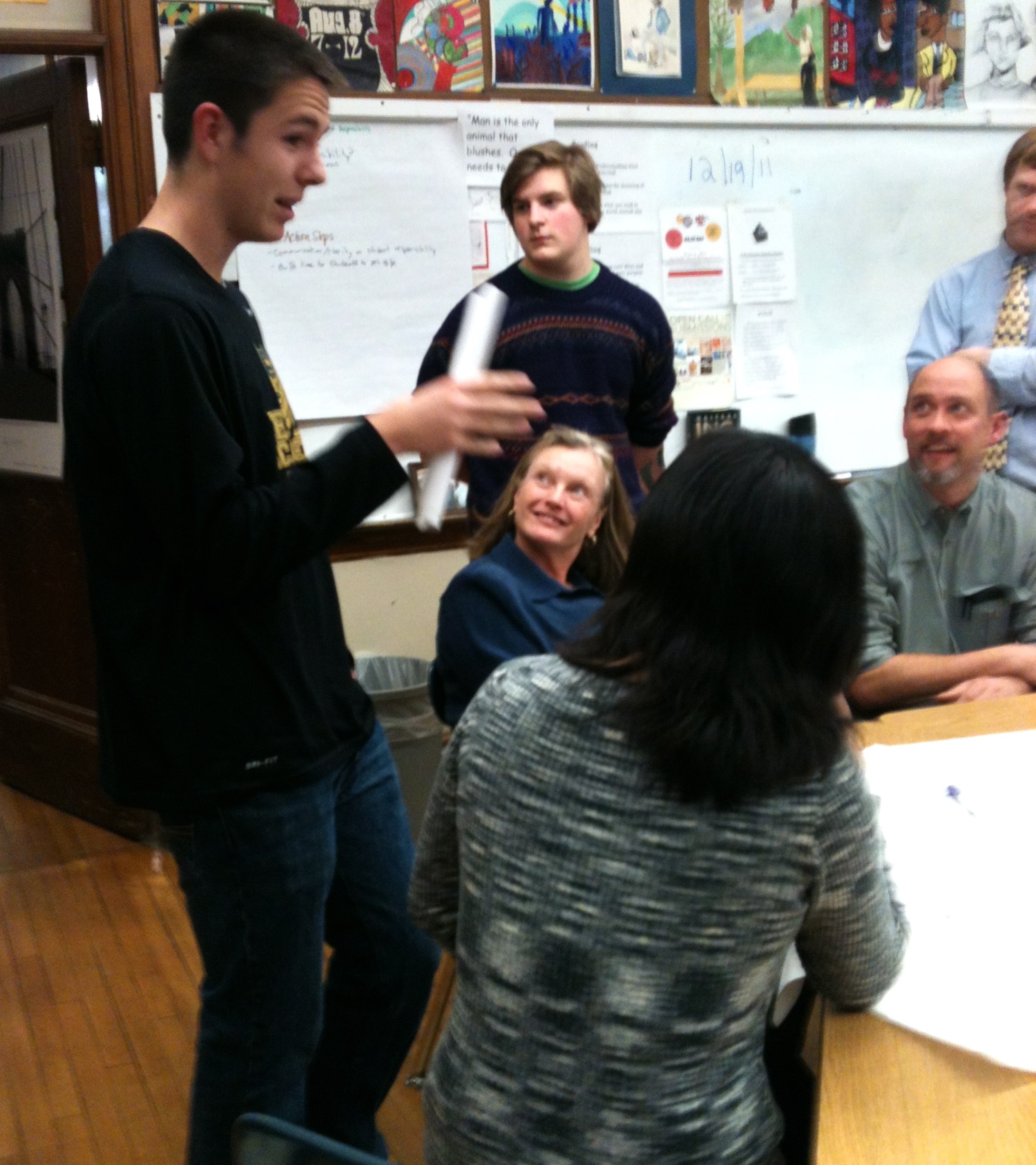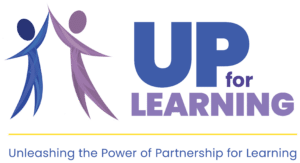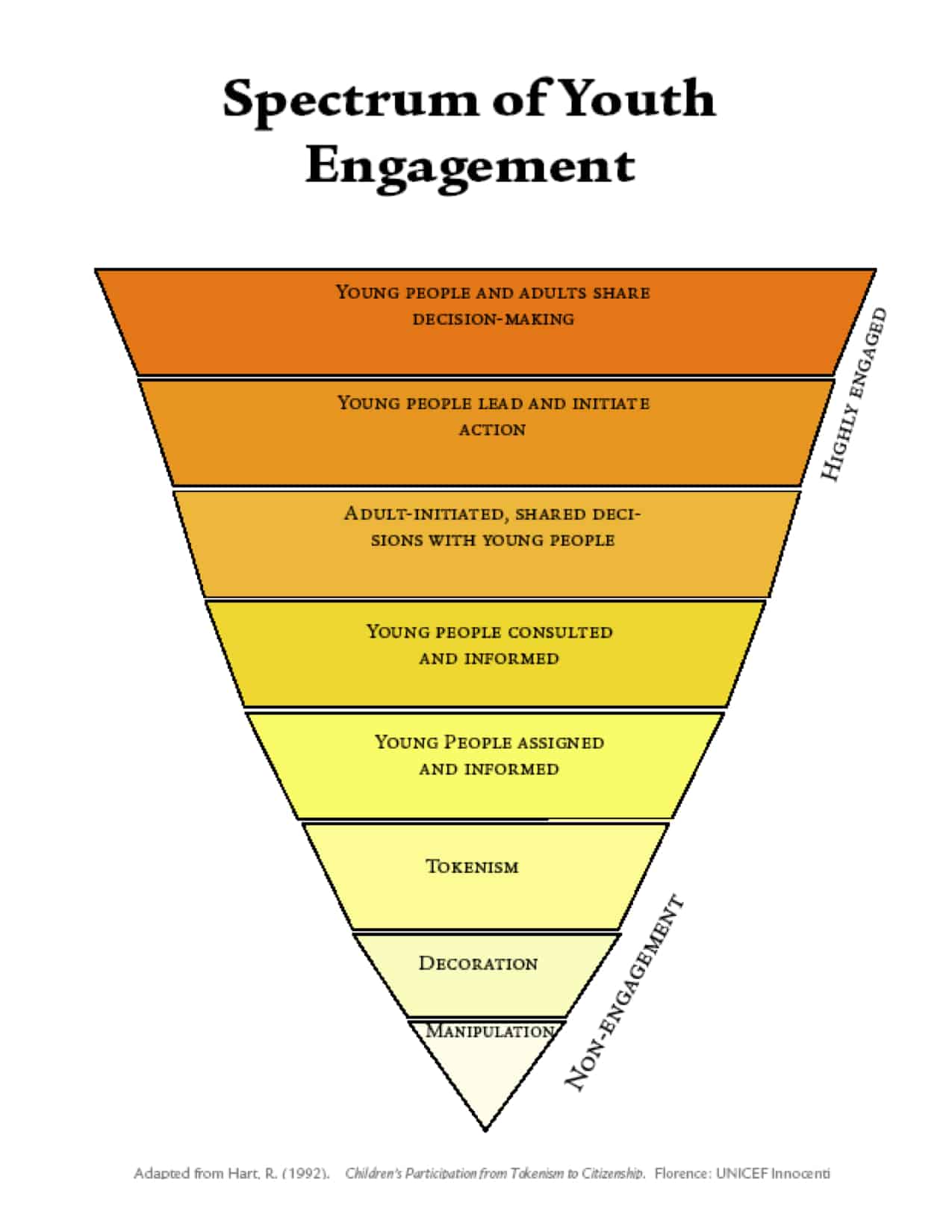Youth can be compelling agents of change.
We believe that, as young people become shapers of their own learning, they also can and should play a critical role in building public understanding for change, and in engaging others in the change process. This shift lies at the heart of moving from adult-directed to student-centered learning.
When students are transformed from being objects to being inventors in their schools and communities, they can extend that new way of being to become ambassadors for change. In the words of Deborah Meier, There’s a radical Рand wonderful Рnew idea here that all children could and should be inventors of their own theories, critics of other peoples ideas, analyzers of evidence, and makers of their own personal marks on the world
In almost every context, the concept of integrating the major stakeholders involved in the work at hand is accepted as the key to success. For instance, we would immediately question the efficacy of an organization serving primarily people of color if it were run by a white staff, or if a women rights organization was directed entirely by men. If we are to ensure the integrity of education, then young people must be involved in its design. Similarly, integrating young people into the school change process will ensure that the educational decisions that are made make sense for all stakeholders, including the perspective of the very ones it is intended to serve.

A young person rightful role as a valued and responsible citizen is affirmed when they take their place at the school change table. They are no longer learning about democracy as an abstract concept, but rather, living it as a basic human right. Being able to affect change in one own life and the lives of others renews hope – both for the youth themselves, and for the adults that surround them.
As it turns out, engaging young people in the change process also increases academic success. As Eric Toshalis and Michael Nakkula, two experts on youth motivation and engagement, have said: Fostering student voice—empowering youth to express their opinions and influence their educational experiences so that they feel they have a stake in the outcomes is one of the most powerful tools schools have to increase learning.
Ironically, as students progress through the grades they experience fewer and fewer opportunities to have input into their own learning experience. According to a 2013 survey by the Quaglia Institute for Student Aspirations, opportunities for expressing personal voice in decision-making plummets from 61% at the beginning of middle school to 37% by 12th grade. Why is it that as students gain both the desire and capacity to have input into their lives, school structures significantly curb this opportunity?
Clearly, young people can and should play a compelling role in provoking deep dialogue about the future of education. This does not mean manipulating or showcasing students to front for adult agendas. Rather, it requires drawing forth their untapped knowledge, commitment and heartfelt desire to affect change in the world, building public understanding and support for school redesign in the process.


